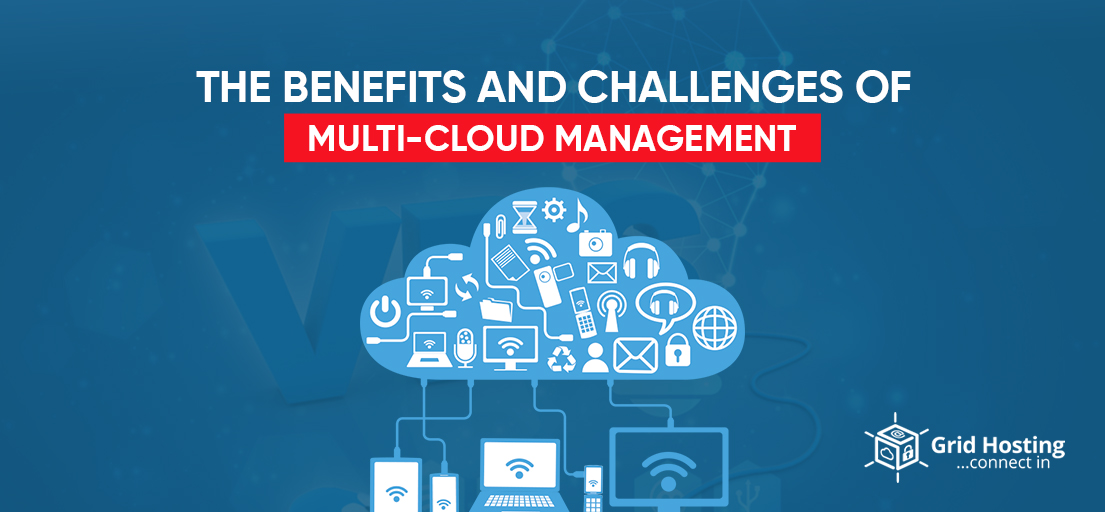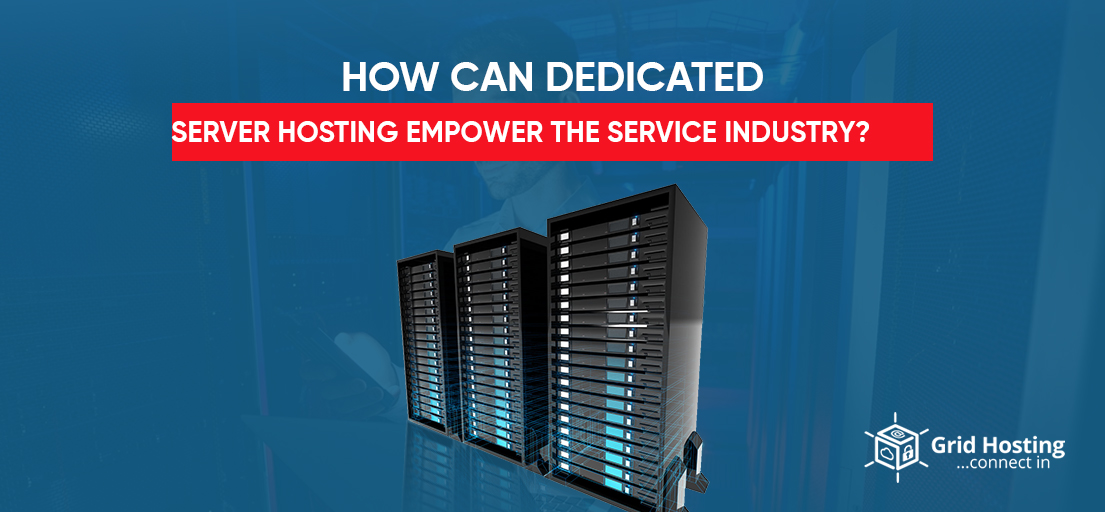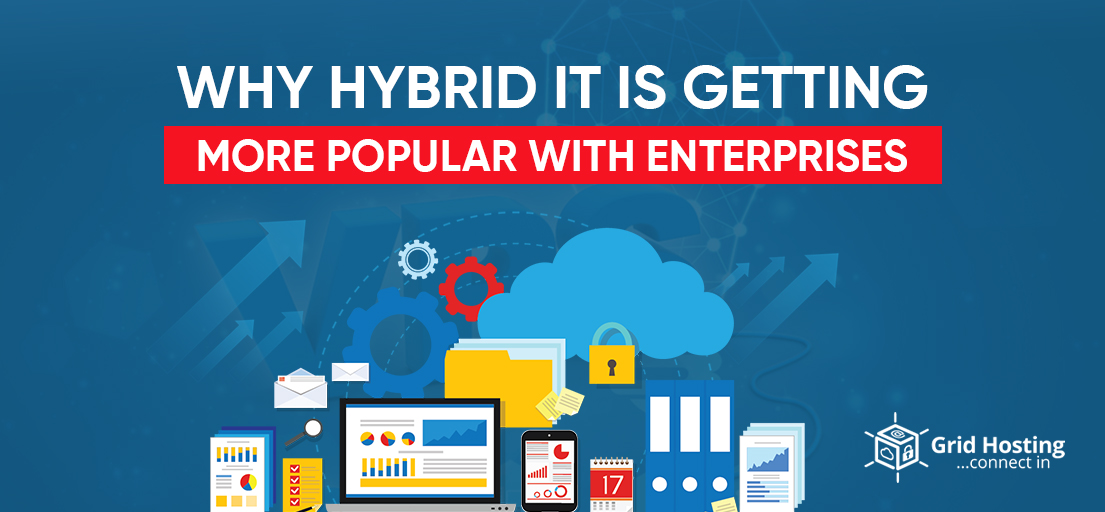Organizations are gradually installing and exploiting cloud services in an attempt to reduce the cost and complexity of their infrastructure and increase creativity. Furthermore, this is typically a complex tactic: A multi-cloud strategy is used by 92% of enterprises, and a hybrid cloud strategy is used by 80% of them. A typical organization uses five clouds, both private and public.
Multi-cloud offers many benefits to businesses, including flexibility, dependable best-of-breed upgrades, and options for choosing vendors. Nevertheless, ineffective multi-cloud management might result in problems and limitations that endanger data security and privacy. In this article, we’ll look at the benefits and challenges of multi-cloud computing.
What is Multi-Cloud?
When a company uses applications hosted by two or more cloud providers, it is referred to as multi-cloud. Multi-cloud systems, as opposed to single-cloud stacks, frequently combine two or more public clouds, two or more private clouds, or both. With the flexibility to design a multi-vendor approach, you may reduce vendor lock-in and select the features that are most appropriate for your unique set of business requirements.
Multi-Cloud vs Hybrid Cloud Management
- Two unique methods for implementing and overseeing cloud infrastructure are multi-cloud and hybrid cloud management. Using services from several cloud providers to take advantage of their strengths each offers flexibility and resilience is known as multi-clouding.
- Organizations can choose the best solutions for specific needs, avoid vendor lock-in, and increase resilience by dividing workloads among providers. Interoperability and cost management are further complicated by the need to manage many clouds and uphold uniform security and compliance protocols.
- A hybrid cloud integrates cloud services with on-premises infrastructure to provide organizations with cost savings, scalability, and data sovereignty. It lets businesses retain control over sensitive data while utilizing the scalability and agility of the cloud.
To guarantee smooth operation and legal compliance, nevertheless, integrating and managing a hybrid environment calls for strong networking, security, and governance procedures. The distinct requirements, priorities, complexity, control, and flexibility that a business is willing to handle determine whether to use hybrid cloud management or multi-cloud.
Benefits of Multi-Cloud Management
-
Reduced Vendor Lock-in
By using a variety of cloud services, businesses may be independent of any one vendor. This tactical method reduces the possibility of relying on one service provider for all needs while offering flexibility. Organizations can avoid possible problems like price increases or service interruptions by diversifying across several suppliers and maintaining influence during negotiations.
-
Improved Performance and Reliability
Organizations can allocate workloads among various cloud platforms according to their unique strengths and capabilities by utilizing multi-cloud setups. This method optimizes resource allocation while lowering the chance of downtime and improving performance and dependability. Utilizing a variety of providers reduces the possibility of outages and performance problems affecting vital applications and services while also ensuring redundancy.
-
Cost Optimization
Through the use of many cloud providers’ competitive pricing and discounts, multi-cloud methods enable enterprises to optimize expenses. Organizations can allocate workloads intelligently and choose the most economical services from various providers to decrease costs while optimizing the value of cloud computing. Furthermore, by avoiding vendor lock-in, multi-cloud architectures allow businesses the freedom to change providers or bargain for better prices as needed.
-
Enhanced Security
By lowering the possibility of a single point of failure or security breach, diversifying among several cloud providers improves security posture. Businesses can leverage the security features and compliance criteria of various cloud platforms to develop a defense-in-depth strategy. Redundancy and resilience provided by multi-cloud systems enable businesses to promptly bounce back from security events and preserve data integrity and confidentiality.
-
Geographic Redundancy and Compliance
Organizations can achieve geographic redundancy and guarantee compliance with data sovereignty rules by using multi-cloud installations. By replicating apps and data across numerous data centers and geographical locations, organizations can increase data availability and resilience. This method facilitates compliance with regulatory requirements by enabling organizations to store data in locations that adhere to specific legal and regulatory frameworks.
Challenges of Multi-Cloud
-
Complexity
There is complexity in the deployment, configuration, monitoring, and troubleshooting aspects while managing several cloud environments. It takes specific knowledge to navigate the unique set of tools, APIs, and administration interfaces that each cloud provider offers. It can be difficult for organizations to coordinate operations, integrate different systems, and guarantee security and performance across several platforms.
-
Interoperability and Compatibility
It can be difficult to guarantee compatibility and interoperability across many cloud systems. Careful preparation and coordination are necessary when integrating services, apps, and data from many vendors. To ensure smooth operation and best performance in a multi-cloud environment, organizations need to handle compatibility difficulties, data transfer challenges, and potential dependence on proprietary technology.
-
Data Migration and Portability
There are several challenges with transferring apps and data across cloud providers, including data consistency, downtime, and data transfer fees. To ensure seamless data migration and reduce business operations disruption, organizations need to create strong migration strategies and make use of the right tools and technology. To minimize vendor lock-in and promote flexibility, rigorous planning and cooperation are needed to ensure data portability and interoperability across many clouds.
-
Vendor Management and Governance
Managing relationships with multiple cloud vendors requires effective vendor management and governance processes. Contract negotiations, spending monitoring, and regulatory compliance assurance are all necessary for organizations dealing with cloud providers. In a multi-cloud setting, maintaining visibility and control over cloud usage, expenses, and performance indicators is critical to controlling risks, allocating resources optimally, and accomplishing business goals.
-
Security and Compliance
It is necessary to apply uniform security rules and controls across all platforms in order to secure multi-cloud settings. Organizations have to deal with issues including data encryption, identity and access management, and industry rules compliance. Maintaining data confidentiality, integrity, and availability while reducing security risks and challenges with regulatory compliance requires ensuring visibility, auditability, and accountability across various clouds.
Read More: Managed vs Unmanaged VPS Hosting: Which Is Right for You?
In a nutshell
Many benefits, including increased resilience, cost efficiency, and flexibility, come with multi-cloud management. It does, however, also come with difficulties, such as convoluted governance, security worries, and interoperability problems. Companies need to consider these aspects thoroughly and have strong plans in place to take full use of multi-cloud environments’ benefits while minimizing any potential risks. Through the implementation of proactive management strategies and the allocation of appropriate resources, enterprises may optimize the benefits of multi-cloud architectures in support of their digital transformation endeavors.
Multi-cloud Management Platform
As a comprehensive suite of data integration and data integrity applications, Grid Hosting provides fast, reliable data integration with industry-leading data quality and data governance capabilities. With over 900 connectors for integrating data from some of the most widely used cloud providers and sources available today, Grid Hosting streamlines the integration process. Start your free trial to increase the value of your multi-cloud architecture.
For Special discounts and offers, visit our official Facebook Page






